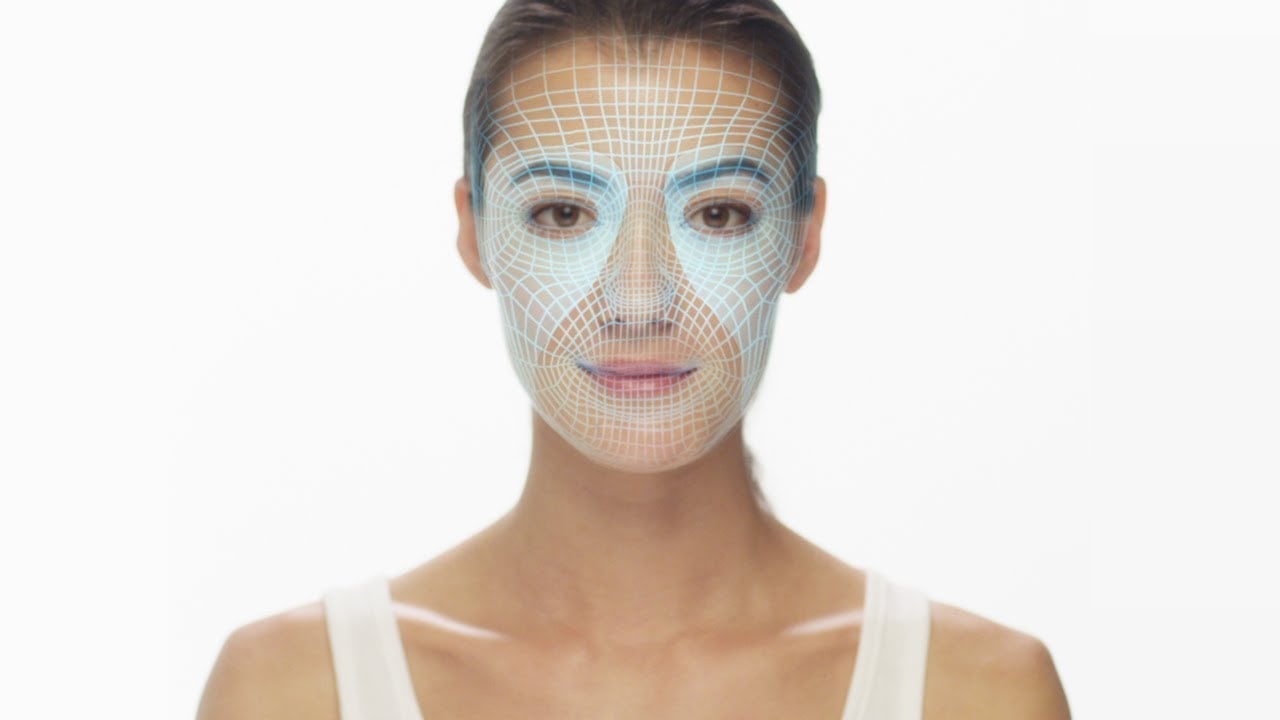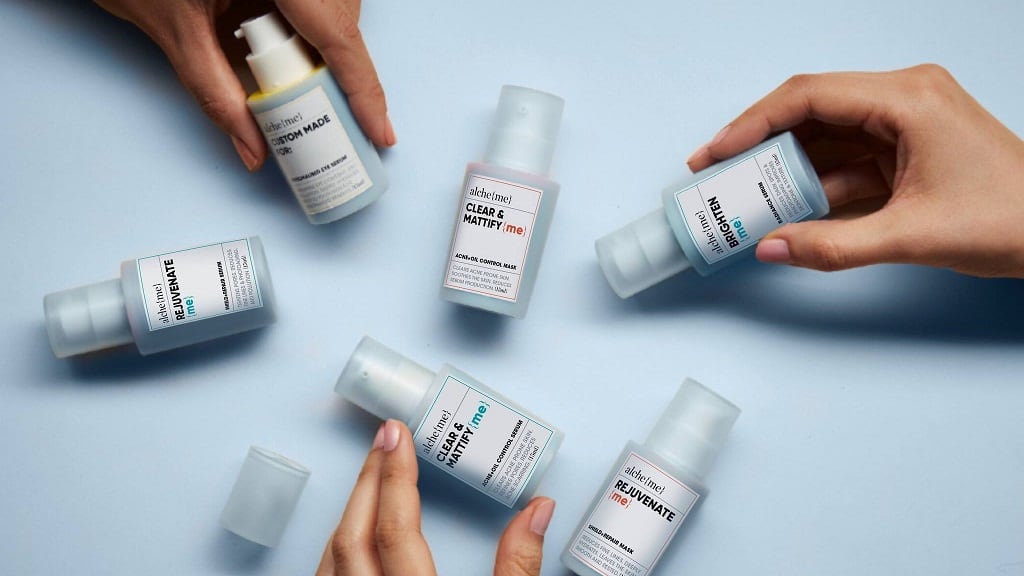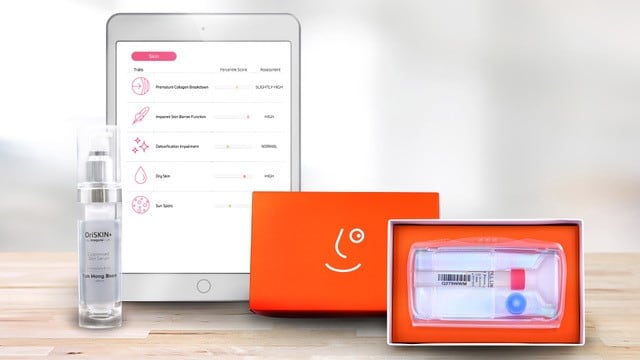The personal care giant unveiled MaskiD to China in June at the 2019 Consumer Electronics Show (CES) Asia in Shanghai, where it captured plenty of interest from visitors.
“We’re thrilled to bring MaskiD to CES Asia and share the new era of skin care personalisation with China. We believe MaskiD will bring Chinese consumers revolutionary skin care solutions tailored to their individual needs,” said Ellesha Kirby, vice-president of skin health, Johnson & Johnson Asia-Pacific.
Eye on China
Neutrogena first unveiled MaskiD at CES held in Las Vegas at the beginning of the year.
The product is a micro 3D-printed face mask that is customised with personalised data from the Neutrogena Skin360 system.
The app analyses the skin and makes ingredient recommendations for each area of the face. Using a proprietary 3D printing process, the ingredients are then ‘printed’ onto a custom-fit hydrogel facial mask.
Hong Xiang Wen, Neutrogena marketing director, Asia-Pacific, told CosmeticsDesign-Asia that the company chose China as its launchpad because of its market size and interest in sophisticated skin care solutions.
“China is the biggest skincare market in Asia, with sophisticated demand for skin care products amongst urban young women in Chinese cities. Around 70% of Chinese consumers are looking for personalised products.”
Hong added: “These new technologies have increased consumers’ expectations beyond a ‘one-size-fits-all’ skin care solution. They have increased expectations of skin care products that answer their specific needs as they now have tools to take ownership of their skin care regime.”
The company confirmed that it planned to roll out MaskiD to other markets in Asia.
According to Hong, the pricing for the MaskiD system has not been finalised yet. However, she assured that it was aiming to make the price accessible for the mass market
Genomics: The next phase
According to the company, almost 70% of women now expect to get skin care solutions that target their own skin characteristics and are seeking individualise ‘made for me’ solutions.
With the advances in big data, Artificial Intelligence (AI) and 3D-printing, the company sees plenty of possibilities in the realm of personalisation.
Johnson & Johnson’s vice president of external innovation, John Bell, believes the next step in personalisation will be DNA-driven.
He added that the company was collaborating with Singapore-based genomics firm, Imagene Labs.
Imagene Labs will provide its skin DNA test for Neutrogena and co-create a new range of personalised skin care solutions under the Neutrogena brand.
“In the next phase, we will continue to innovate in personalized skin care. We have partnered with Imagene Labs – Asia’s leading DNA testing provider – to combine AI and big data to offer comprehensive skin care solutions via a DNA test that examines 190 genes and provides insights in ten skin dimensions,” said Bell.
Hong agreed that skin care tailored to DNA is the evolution of personalised beauty.
“With the database growing, we will have stronger more accurate and detailed analysis. In addition, more and more personalised products will be developed to meet the needs of consumers who are getting more knowledgeable about their own skincare needs.”





